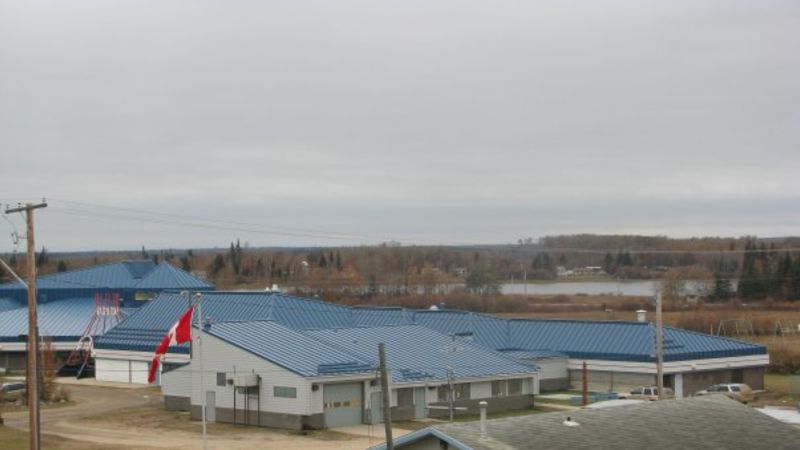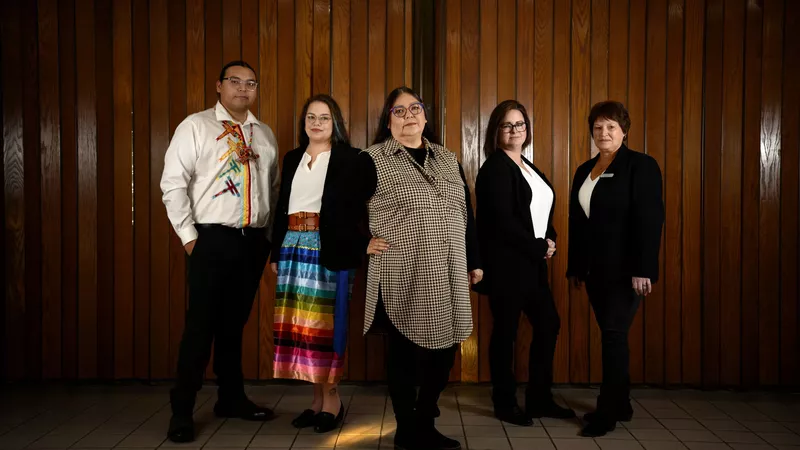
Waterhen Lake FN reconsiders calling state of emergency
Waterhen Lake First Nation will not be issuing a state of emergency today after the community grappled with a rash of suicide attempts within the last month and the recent death of a 14-year-old girl.
Councillor Dustin Ross Fiddler told meadowlakeNOW community leaders are mapping and planning out a strategy for how to effectively support those who are struggling with their mental health.
“Our health team met today as well as Meadow Lake Tribal Council Health staff and collectively they said ‘We’re not under capacity or overwhelmed to call a state of emergency but could be considered in the coming days,'” he said. “On top of the attempts the community is aware of, we’re mapping and planning out a strategy for how to effectively deal with people that need these supports right now and we’re going to move forward with how to get support out to people.”
Those attempts to provide support have faced a setback with ongoing social isolation and social distancing restrictions.


